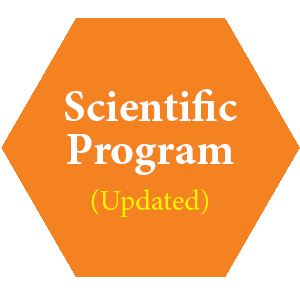
Sita Karki
Kathmandu University School of Medical Sciences, Nepal
Title: Risk Factors for Pneumonia in Children under 5 Years in a Teaching Hospital in Nepal
Biography
Biography: Sita Karki
Abstract
Background
As the evidence based practice (EBP) movement expands, there is a need for health leaders and educators in each country to assess the extent to which health professional students and practitioners are prepared to locate, evaluate, and apply evidence to guide their practice.
Objective
The study objective was to explore nurses’ and nursing students perceptions and attitudes towards EBP.
Method
This was a descriptive cross-sectional survey administered to all 273 nurses and nursing students from Nepal who attended an EBP conference. The survey instrument that was used by Majid in Singapore was adapted for use in this study with permission from the author.
Result
In total, 121 nurses participated in the study. The majority (93%) of respondents reported that they had no previous training in EBP. The respondents’ perceptions of their EBP knowledge and skills were variable, but most of them demonstrated positive attitudes toward EBP. Respondents identified a number of barriers that limit the implementation of EBP in Nepal. The greatest barriers were lack of time and resources, difficulty understanding research articles and translating the findings to practice, and limited autonomy to change practice based on evidence.
Conclusion
Although respondents had positive attitudes towards EBP, their knowledge and skills were limited and barriers to implementation existed. Nursing faculty can use the findings to guide implementation of EBP into curricula, and nursing administrators and clinicians can use the findings to guide practice to promote EBP.

